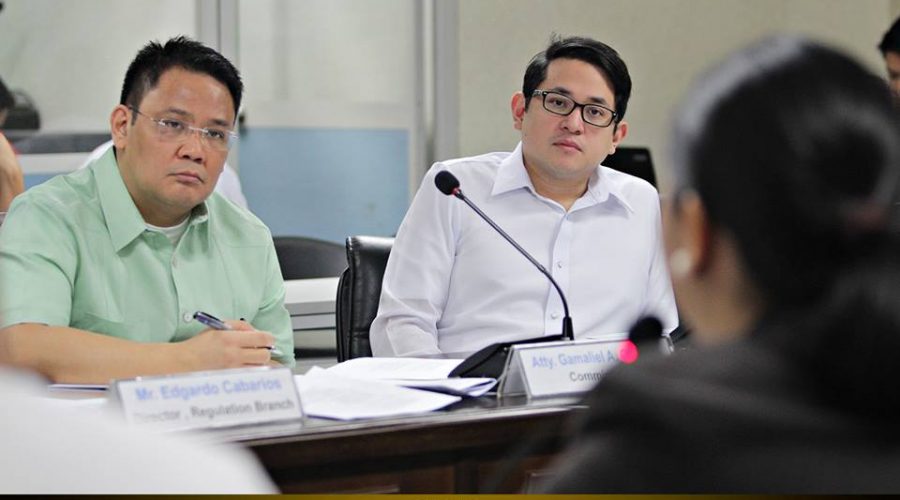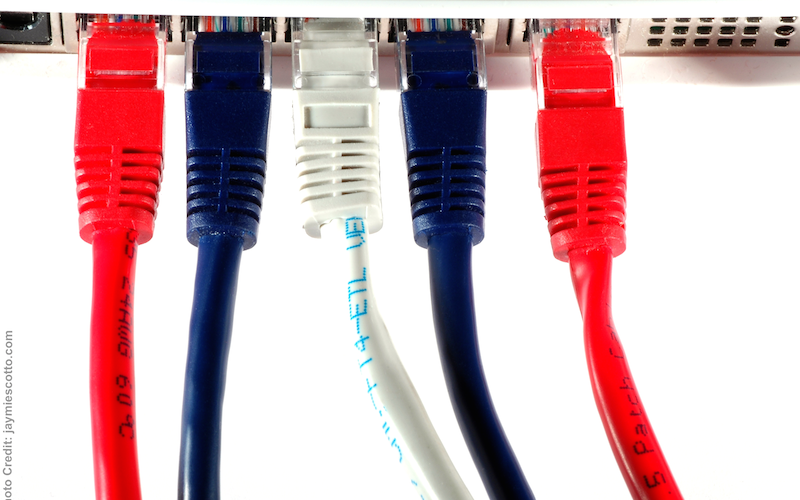Bam to NTC: Explain Delay in MC on Internet Standards
Where are we in improving the country’s Internet connection service?
Senator Bam Aquino made this pronouncement to the National Telecommunications Commission (NTC), as he wondered why the agency has not yet issued the memorandum circular on the quality of Internet standards.
“Six months have passed since the NTC committed to come out with the memorandum circular but until now, the agency has yet to deliver on its promise,” said Sen. Bam, chairman of the Senate Committee on Trade, Commerce and Entrepreneurship.
“The NTC must provide a detailed and acceptable report on its recent moves to improve the country’s Internet connection service as the approval of their 2016 budget heavily depends on that,” added Aquino.
Appointed recently as one of the vice chairman of the Senate Committee on Finance, Sen. Bam is tasked to scrutinize and approve the budget of several government agencies, including the NTC, Department of Trade and Industry (DTI) and the Bases Conversion and Development Authority (BCDA)
For almost a year now, Sen. Bam has been investigating the slow and expensive Internet in the country.
During one of the hearings earlier this year, the NTC promised to release a memorandum circular that will set Internet quality service in the country, including the minimum speed for broadband and DSL connections.
Six months after, the NTC has yet to deliver on its commitment, which Sen. Bam described as detrimental to the welfare of millions of Internet user in the country.
The committee hearing though has produced small victories that may help achieve a faster and cheaper connection.
The probe has encouraged telecommunication companies to embrace IP peering that will help speed up opening of websites while the Department of Justice (DOJ) has released guidelines against deceptive or misleading internet print, TV and radio advertisements.



Recent Comments